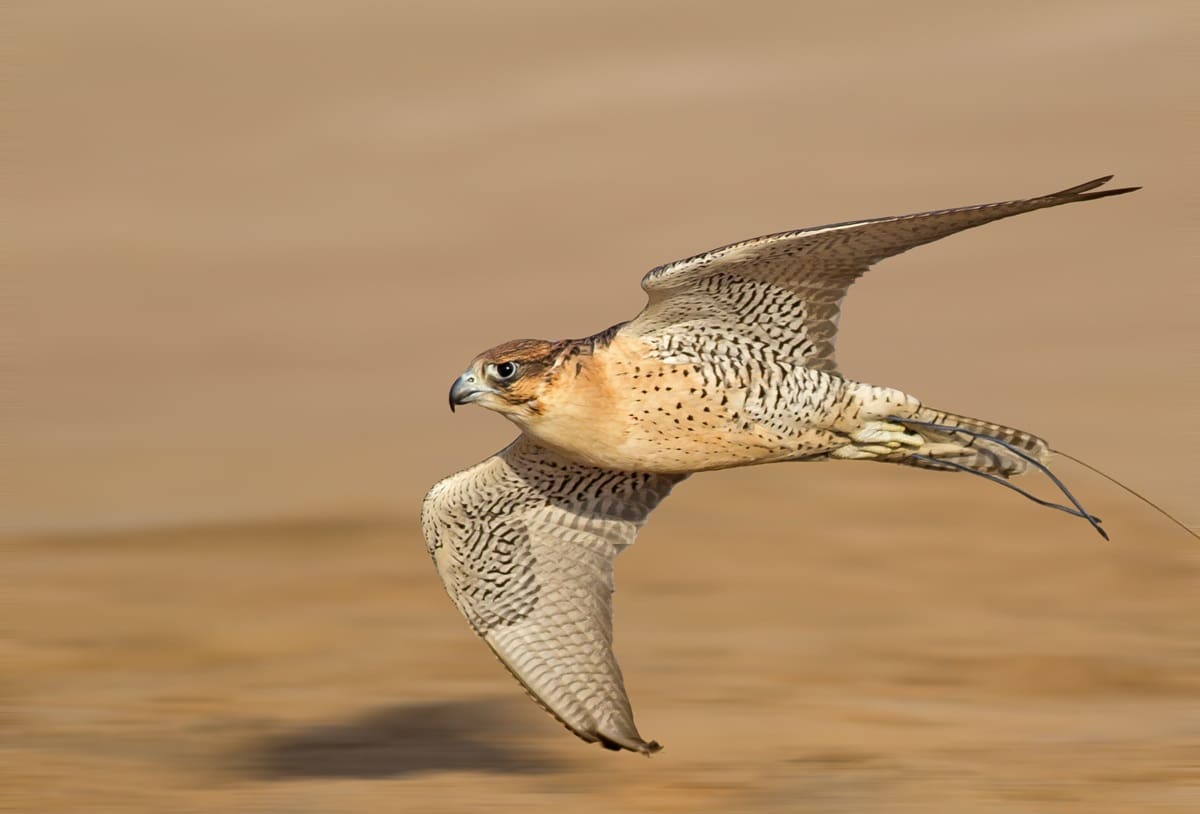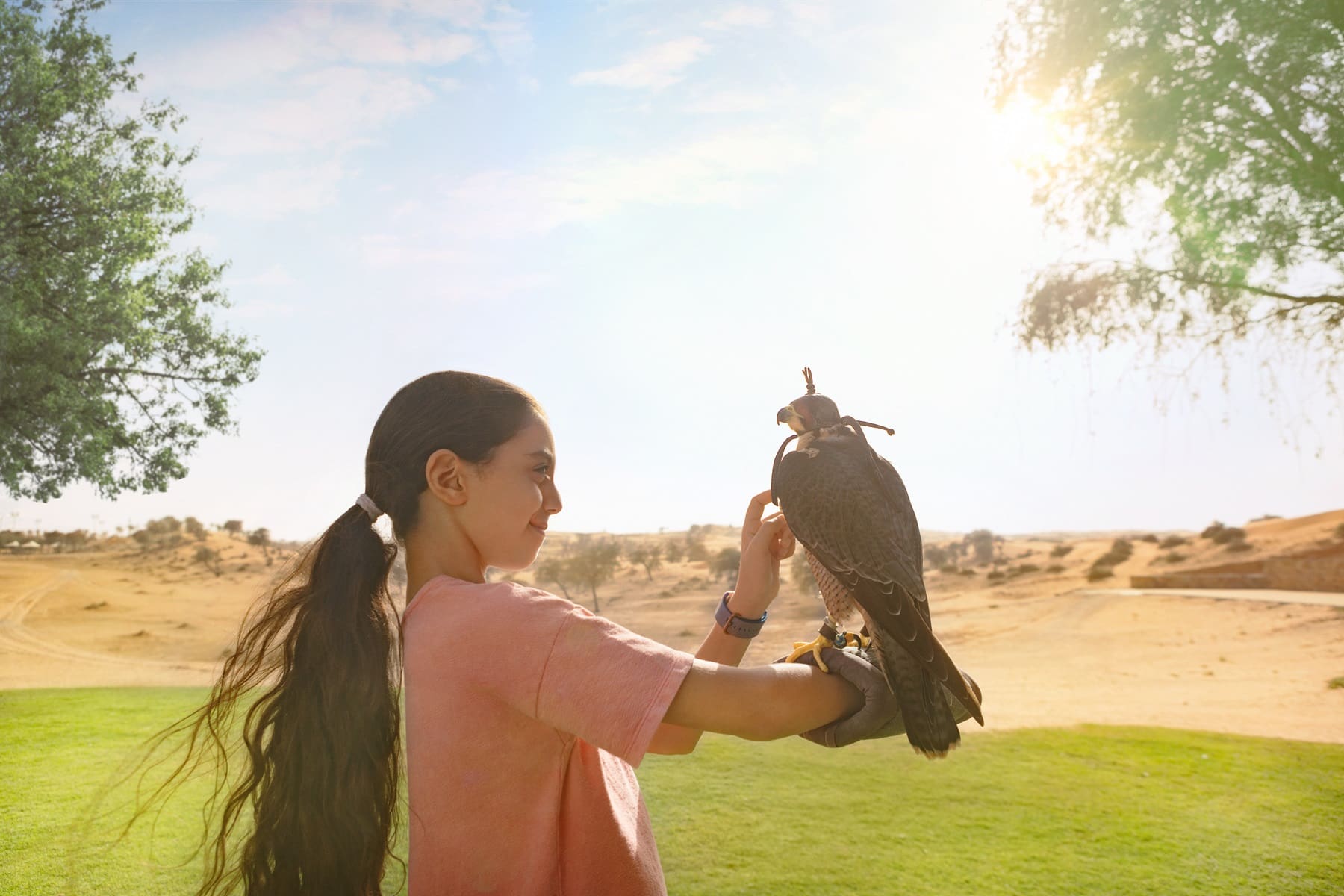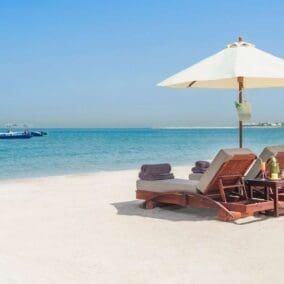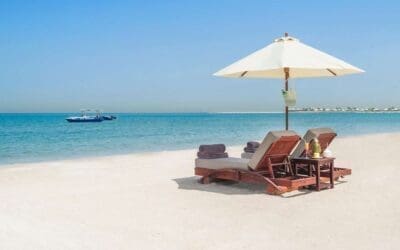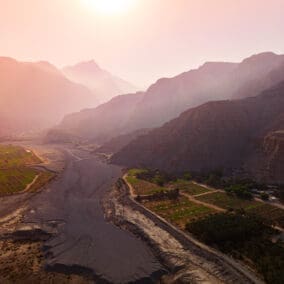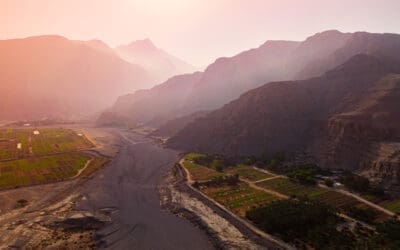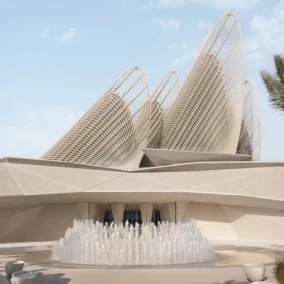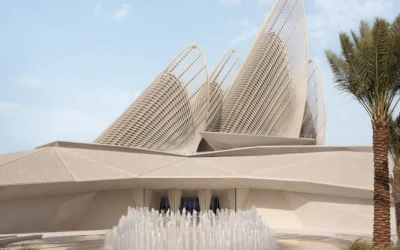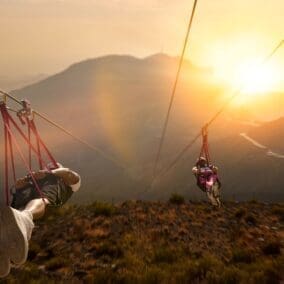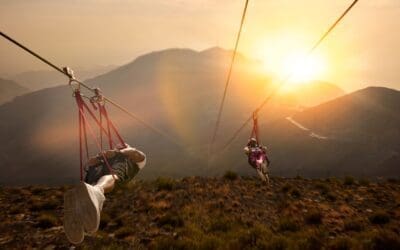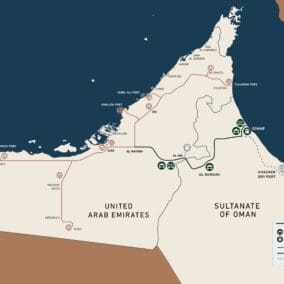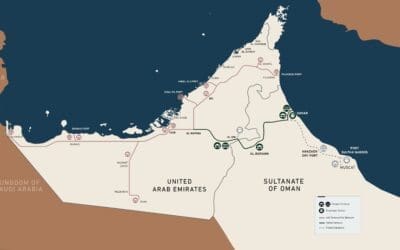Emirati culture is as colorful as it is vast. From pearling and desert safaris to souks selling gold, coffee, spices, and perfume, there is so much to see and do in the United Arab Emirates (UAE).
In Ras Al Khaimah, some of these activities have persevered through millennia and modernization. One of them is falconry. The northernmost emirate considers the practice a treasure and an immersive piece of ancient art from generation to generation.
Today, falconry is one of the most popular things to do in Ras Al Khaimah. It attracts both locals and tourists because it combines skill, tradition, and a love for nature. But before this, the practice of using birds of prey was a method of survival and a symbol of prestige.
Here, we’ll explain the meaning of falconry and the thousands of years of history behind this cherished Emirati tradition.
What is Falconry?
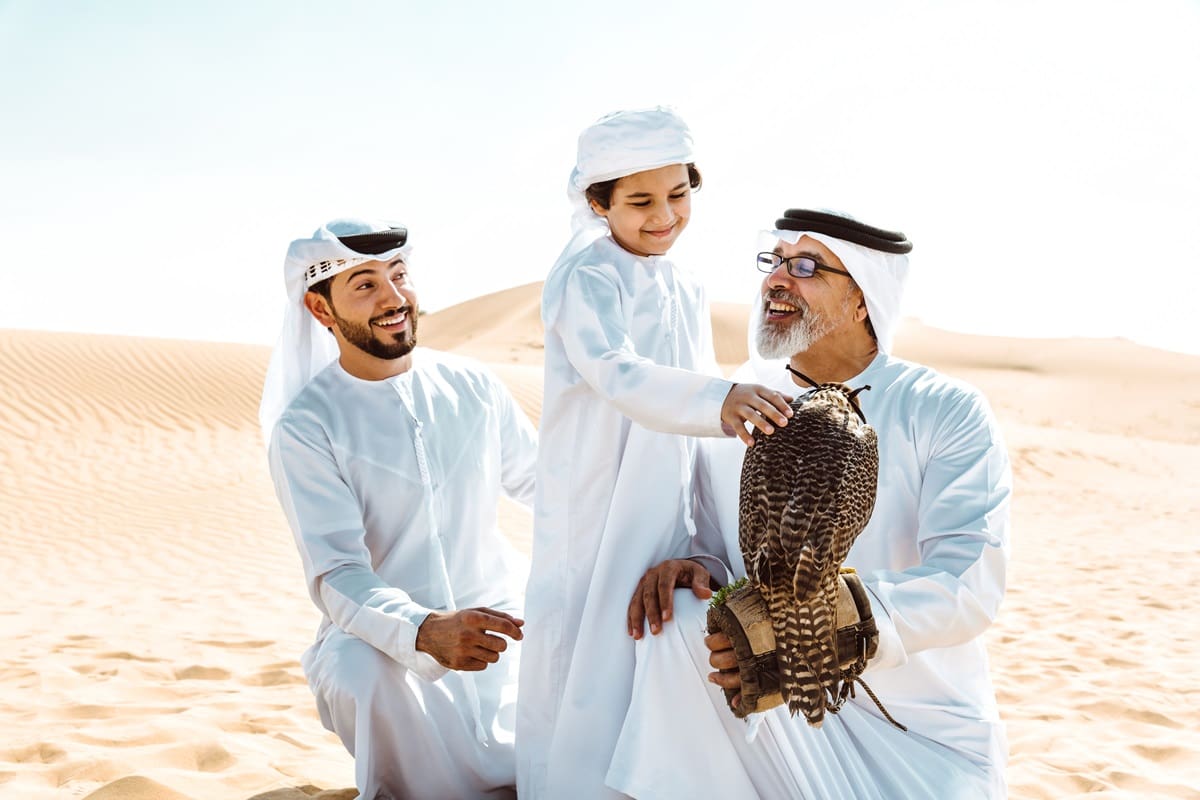
What is falconry in the UAE? Hailed as one of the UAE’s most honored practices, falconry is both a sport and an art for Emiratis.
As the name suggests, falconry is the practice of training falcons and using them to hunt game. Most falcons involved in hunting are female (al-hurr) because they are more powerful than males of the species.
Falconers also prefer peregrine falcons because they are efficient and strong hunters that can be trained to catch a variety of prey – including large eagles – despite their small stature.
As a sport, falconry comes in two types: shotgun falconry and falcon racing.
In shotgun falconry, a trainer swings a prey and lets the falcon fly circles around it. The bird is then rewarded after the successful hunt.
In falcon racing, the birds compete against each other to fly over the assigned distance. Like any other race, the winner is the one who gets to the finish line in the shortest time.

Falconry in Ras Al Khaimah Through the Years
Ancient Times (at least 2,000 years ago)
Before falconry became a traditional sport in the UAE, it was first a means of survival for the Bedouin people living in the Arabian Peninsula more than 4,000 years ago.
Because the desert is arid and walking is difficult, Bedouins trained falcons to help them hunt for food. With their flight speed and sharp eyesight, these birds of prey have become an important companion in catching curlews and bustards.
7th Century
In the seventh century, falconry started to spread across the Islamic world.
Besides serving as a symbol of prestige and nobility for kings, sheikhs, and cavalry), the birds of prey were also beloved because they could be trained to capture prey without killing or eating any part of it. This is essential because food that is permissible to eat (halal) in Islamic culture must be slaughtered by slitting its throat while still alive.
20th Century
During the early 1900s, falconry remained a vital part of Bedouin culture, with traditional methods and practices passed down through generations. However, urbanization and modernization have started to impact traditional practices.
The first Falconry Festival was held in 1976, gathering people interested in the tradition to mitigate this. This was also where the late Sheikh Zayed Bin Sultan Al Nahyan, the first president and founding father of the UAE, began his efforts to raise awareness about the dwindling bird population.
1990s
In 1995, the late Sheikh Zayed Bin Sultan Al Nahyan introduced the Falcon Release Program, in which wild falcons were released back into nature to preserve their natural population.
In 1999, the Falcon Hospital was established in Abu Dhabi, and it now caters to around 11,200 people yearly.
2000s
Various efforts were made early in the 21st century to safeguard wild falcons (and, in the process, falconry). During this time, the Convention of International Trade in Endangered Species of Wild Fauna and Flora (CITES) started issuing falcon passports to prevent illegal falcon trade in the region.
2010s
Attended by 800 representatives from 80 countries, the 3rd International Festival of Falconry was held in 2011. During the event, the UAE announced the establishment of the Mohamed bin Zayed Falconry and Desert Physiognomy School to preserve and teach traditional falconry skills.
In 2016, falconry was added to UNESCO’s Representative List of Intangible Cultural Heritage of Humanity. This is all thanks to collaborative efforts from 18 countries, including the UAE.
2020s
By 2020, Ras Al Khaimah continues to offer various falconry experiences, attracting tourists and enthusiasts worldwide. During this time, thousands of falcons have participated in sporting events not only in the emirate but also in the country.
Falconry remains a cherished cultural heritage in Ras Al Khaimah. At The Ritz-Carlton Ras Al Khaimah, you can witness showcases of these majestic birds. They have an interactive show happening daily, featuring not only falcons but also barn owls, desert eagle owls, and Harris hawks.
If you’re booked into the Waldorf Astoria in Ras Al Khaimah, you will also get an opportunity to meet a falcon in the lobby. In fact, guests are raving online about getting greeted by that falcon and being able to snap photos together.
Enduring the Test of Time

Falconry thrives as an Emirati favorite sport and one of the tourists’ most sought-after outdoor activities in Ras Al Khaimah to this day. From its roots as a survival skill for the Bedouin people to its modern-day status as a celebrated tradition, the practice has evolved while preserving its cultural significance.
The UAE’s dedication to protecting both the sport and its birds ensures that falconry remains a key part of the country’s identity, offering visitors a glimpse into the region’s rich history and enduring heritage.





